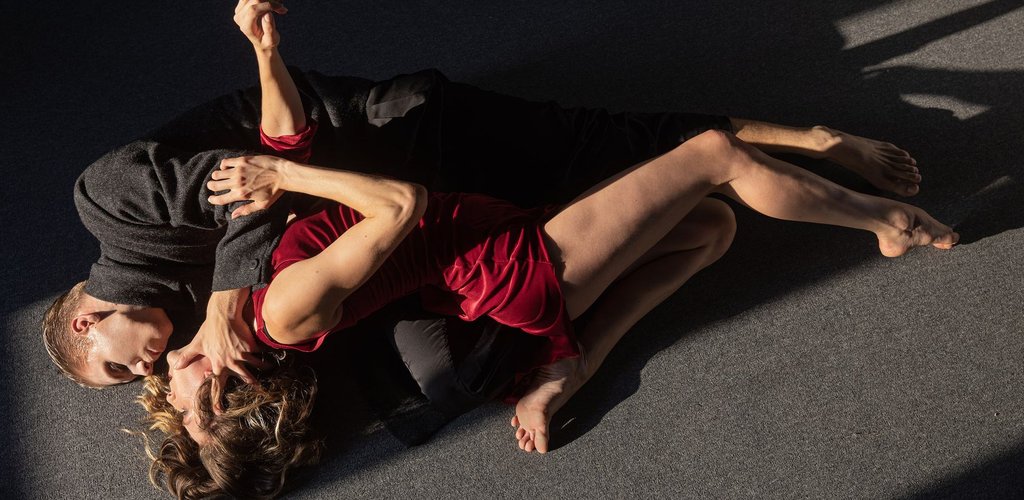This time, the bridge leads to Rome, and the line-up is stellar: Antonio Castrignanò, Roberta Gambarini, the Accademia Santa Cecilia Orchestra from Rome, and the Budapest Festival Orchestra led by Iván Fischer. Müpa Budapest and the BFO, as co-organizers, look forward to welcoming fans of Italian culture at the Bridging Europe Festival between September 22 and 27, with a selection of exceptional music, exhibitions, lectures and movie screenings.
Taking the stage on the opening day will be Antonio Castrignanò, a devotee of the music of Salento, in the southern region of Puglia. His concert at Müpa Budapest will feature the wildly rhythmic and at times sentimental music heard on his recording from last year. The next day, Roberta Gambarini will mesmerize audiences with her beautiful alto voice; accompanied by the Budapest Jazz Orchestra, celebrating its 25th anniversary, she will perform in English as well as in her native Italian.
From the opening day of the festival, the Müpa Budapest foyer will host the exhibition The Rome Effect, describing a handful of years when, prior to the fall of the Iron Curtain, the Collegium Hungaricum in Rome was able to provide Hungarian authors, poets and artists with the experience of artistic freedom. Our yearning today for a Rome of our dreams is not without precedent, as Győző Csorba writes: “I will leave here, and return home again / but, Rome, under my skin, I will take you home with me.”
The co-founder of the festival, Iván Fischer, will feature on the program of the Bridging Europe Festival as the conductor of two orchestras. On September 24 and 26, he will lead the Budapest Festival Orchestra, again recently named by international music critics one of the world’s ten best orchestras. The line-up of this concert, which will also be performed during the fall on the other side of the “bridge,” in Rome, is quintessentially and excitingly Hungarian, spanning from a fresh csárdás to pulsating modernism. First up will be the perhaps most characteristically Hungarian piece, Liszt’s rhapsody No. 2, with Jenő Lisztes performing the solo on the cimbalom, a regular instrument of Gypsy music. During the second half of the concert, the orchestra will perform Bartók’s The Miraculous Mandarin, which stirred a serious scandal at the time of its premiere. Daring contemporary choreography by the Éva Duda Dance Company will accompany the music.
Iván Fischer will return on September 27, the closing day of the festival, to lead the storied Orchestra of the Accademia Santa Cecilia and the Cantemus Mixed Choir for a performance of two Liszt choral works and Respighi’s Roman Trilogy. The Festival will bid Budapest farewell with Rome’s fountains, pines and celebrations.
Click here for further information and the detailed program.
Photo by Tamás Lékó

